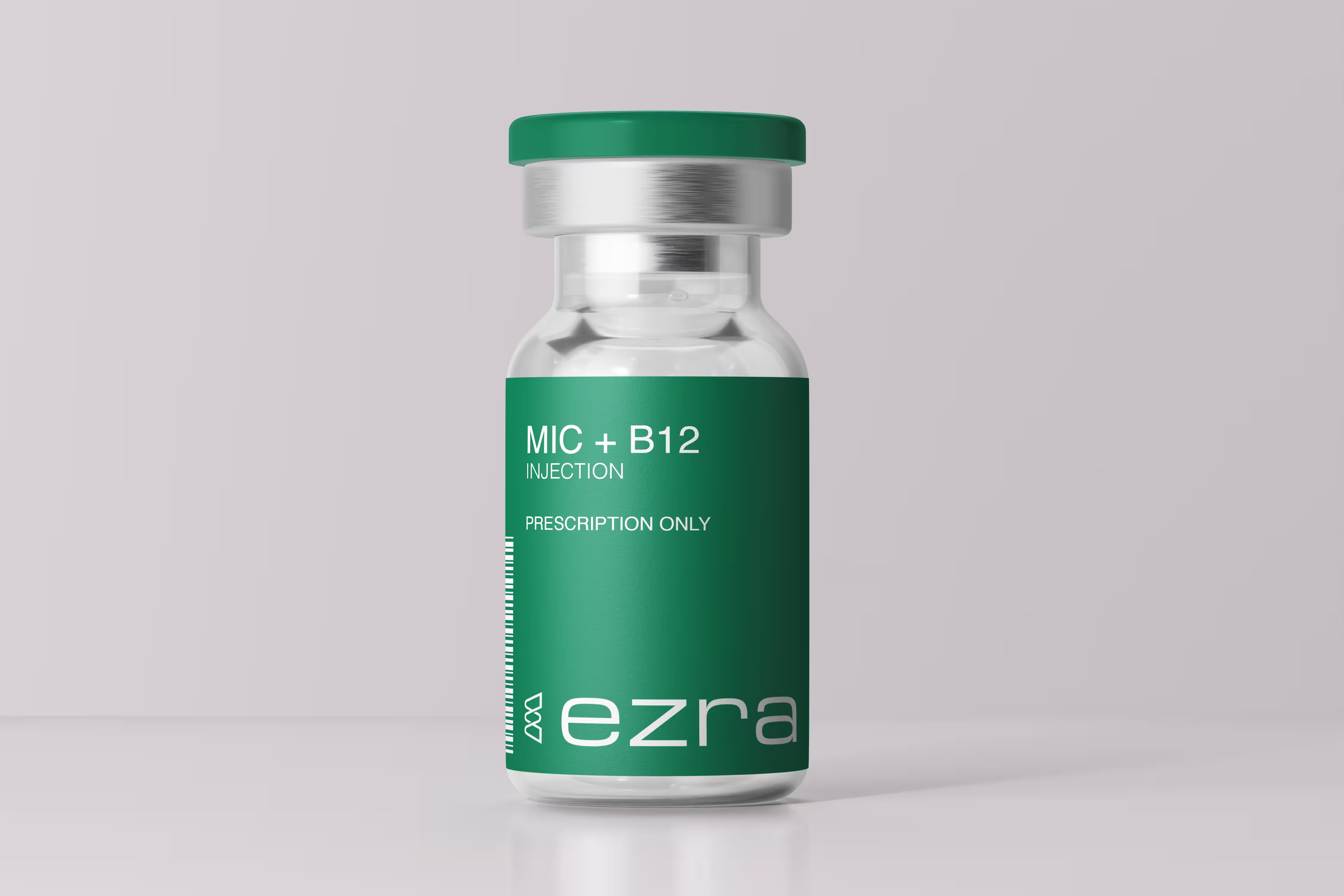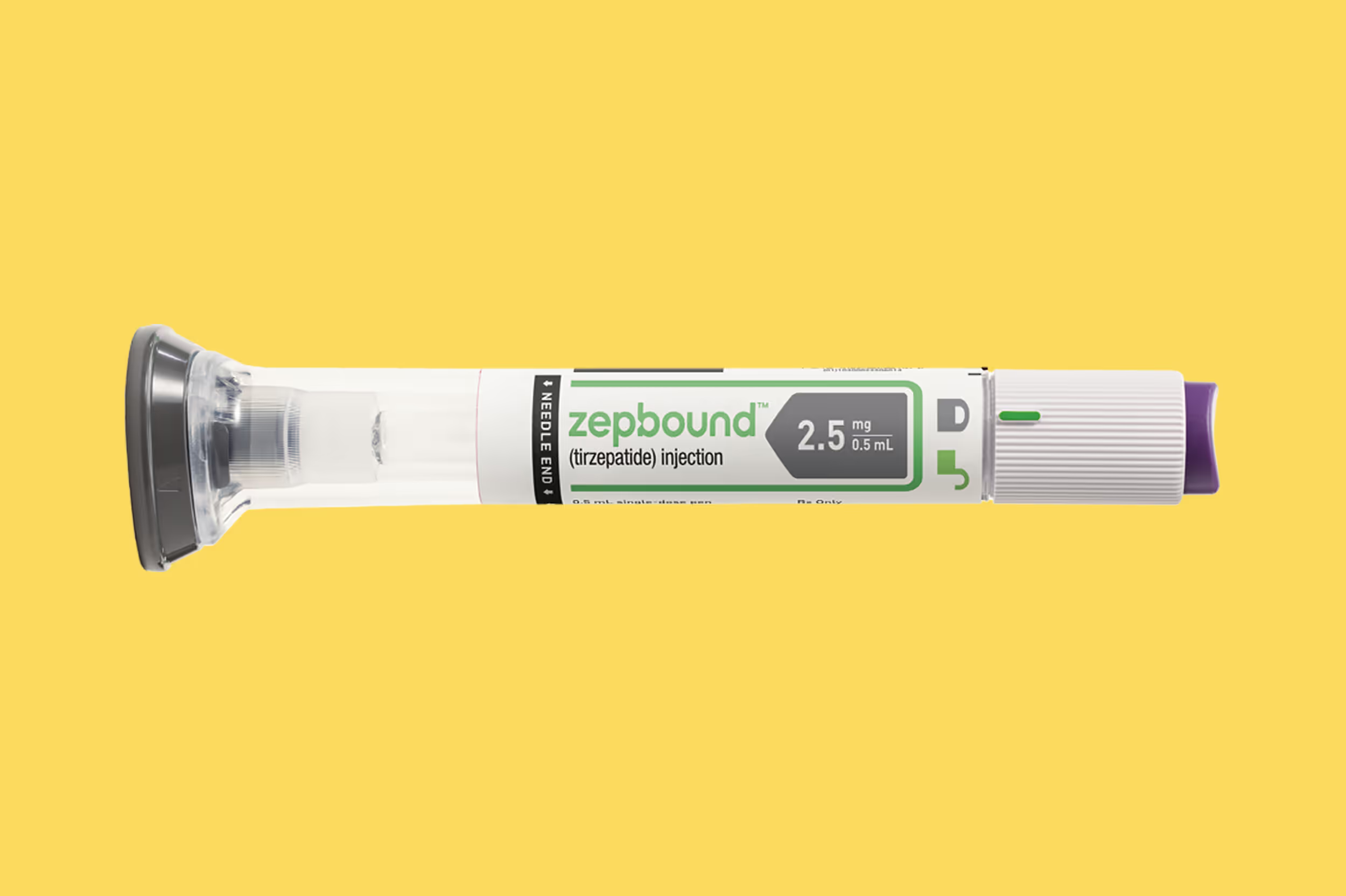Obesity is a chronic, multifactorial disease and a major global health challenge associated with comorbidities such as type 2 diabetes, hypertension, cardiovascular disease, and nonalcoholic fatty liver disease. Despite lifestyle interventions being central to weight management, achieving sustained semaglutide injection for weight loss is helpful. Pharmacotherapy is recommended as an adjunct for individuals with a body mass index (BMI) ≥30, or ≥27 with weight-related conditions, but existing drugs often show modest efficacy or cause tolerability issues.
The STEP 1 trial, published in The New England Journal of Medicine in 2021, investigated the effectiveness of once-weekly subcutaneous semaglutide (2.4 mg)—a glucagon-like peptide-1 (GLP-1) receptor agonist—in promoting weight loss among adults with overweight or obesity who did not have diabetes.
Study Design and Participants
This randomized, double-blind, placebo-controlled trial enrolled 1,961 participants across 16 countries. Eligible individuals were aged 18 or older, had a BMI ≥30 or ≥27 with at least one weight-related condition, and had previously attempted weight loss without success. Individuals with diabetes, a history of pancreatitis, or recent use of anti-obesity medications were excluded.
Participants were randomly assigned in a 2:1 ratio to receive semaglutide 2.4 mg weekly or placebo, both in addition to lifestyle interventions involving a 500 kcal/day calorie deficit and 150 minutes/week of physical activity. The treatment period lasted 68 weeks, followed by a 7-week follow-up.
Primary Outcomes: Impressive Weight Loss
The coprimary endpoints of the study were:
1) Percentage change in body weight from baseline to week 68.
2) Proportion of participants achieving at least 5% weight loss.
Semaglutide demonstrated superior efficacy over placebo:
Mean weight loss:
- Semaglutide: −14.9%
- Placebo: −2.4%
- Difference: −12.4 percentage points (P<0.001)
- Weight loss ≥5%: 86.4% (semaglutide) vs. 31.5% (placebo)
- Weight loss ≥10%: 69.1% vs. 12.0%
- Weight loss ≥15%: 50.5% vs. 4.9%
- Weight loss ≥20%: 32.0% vs. 1.7%
These outcomes indicate that semaglutide induced clinically meaningful and statistically significant weight loss compared to placebo. Notably, the average weight reduction in absolute terms was −15.3 kg with semaglutide.
Secondary Outcomes: Metabolic and Functional Improvements
Beyond weight reduction, semaglutide produced favorable changes in metabolic parameters:
- Waist circumference: −13.54 cm (vs. −4.13 cm with placebo)
- BMI reduction: −5.54 points
- Systolic blood pressure: −6.16 mm Hg
- Fasting glucose: −8.35 mg/dL
- HbA1c reduction: −0.45 percentage points
- C-reactive protein: reduced by 53% (a marker of systemic inflammation)
- Lipid profile: Improvements in LDL, HDL, VLDL, triglycerides, and free fatty acids
These changes highlight semaglutide’s role in reducing cardiometabolic risk factors, making it a comprehensive treatment strategy beyond weight management.
Reversal of Prediabetes
Among participants with prediabetes at baseline, 84.1% of those in the semaglutide group reverted to normoglycemia by week 68, compared to only 47.8% in the placebo group. This suggests a preventive potential of semaglutide in delaying or avoiding the onset of type 2 diabetes.
Improved Quality of Life
Participant-reported outcomes showed significant improvement in physical and functional well-being:
- SF-36 Physical Function Score: Increased by 2.21 points (vs. 0.41 with placebo)
- IWQOL-Lite-CT Physical Function Score: Increased by 14.67 points (vs. 5.25)
- Better overall scores on both mental and physical health scales
These improvements reflect enhanced mobility, energy levels, and self-perception, crucial for sustainable lifestyle adherence.
Body Composition Analysis
A subgroup underwent DXA scans to assess body composition. Semaglutide led to:
- Significant reductions in fat mass and visceral fat
- Mild reductions in lean body mass, but an increased proportion of lean mass, indicating healthy weight loss rather than muscle depletion.
Safety and Adverse Events
Adverse events were common but mostly mild to moderate and gastrointestinal in nature:
- Nausea: 44.2%
- Diarrhea: 31.5%
- Vomiting: 24.8%
- Constipation: 23.4%
These side effects typically occurred during dose escalation and subsided over time. Serious adverse events occurred in 9.8% of the semaglutide group vs. 6.4% of placebo, mainly due to gastrointestinal disorders. Discontinuation due to side effects was 7.0% (semaglutide) vs. 3.1% (placebo).
There were no new safety signals, and the incidence of serious conditions such as pancreatitis or malignancy was comparable between groups.
Conclusion: A Transformative Option for Weight Management
This robust trial demonstrates that once-weekly semaglutide (2.4 mg), when combined with lifestyle intervention, leads to substantial, sustained, and clinically relevant weight loss, with meaningful improvements in cardiometabolic health and quality of life.
Compared to currently available anti-obesity medications, semaglutide delivers superior weight reduction—results that approach those seen with bariatric surgery for many participants. With a manageable safety profile and a convenient weekly dosing schedule, semaglutide represents a major advancement in obesity pharmacotherapy and could reshape how we manage obesity on a global scale.





















.avif)



















.avif)

